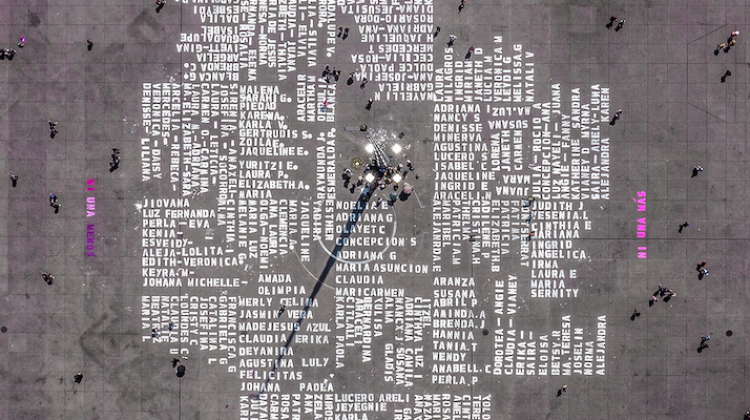In 2017, an estimated 87,000 women were intentionally killed across the world. Nearly 60% of those women were killed by intimate partners or family members. Feminicide, the misogynous and gender-related killing of women, includes domestic and familial violence that is fatal as well as killings "where a woman's gender, and her gender subordination, are part of the motivation for the crime.” Feminicide’s definition and scope are evolving and contextual but despite the variation, activists and legislators are increasingly mobilized to raise awareness and promote global policy changes to address the phenomenon.
Yet despite this growing mobilization, a major challenge to action lies in the lack of robust data about feminicide. States and their insitutiitions often systematically ignore and/or conceptualize gender-related violence and feminicides in a manner that limits the ability to track, count, classify, and codify the phenomenon. When the state and its institutions fail to collect and track this data, individuals, activists and civil society organizations step in to provide the missing data and produce counterdata. In her new book, Counting Feminicide: Data Feminism in Action, Catherine D’Ignazio explores "the potential but also the limits of counterdata science – data production, analysis, visualization and circulation of data that happens outside of – and often in opposition to – mainstream counting institutions like governments and corporations” through the context of feminicide and gender-related killing.
Counting Feminicide is currently available as a manuscript draft on MIT Press’s PubPub, a format which invites community feedback and collaboration with feminicide data activists in the writing about their creative, intellectual, and emotional labor.
"One of my goals is to demonstrate how this community data science consistently mobilizes a data ethics that takes power and people into account," said D’Ignazio. "Mainstream data scientists and governments have a lot to learn from feminist activists at the margins."



